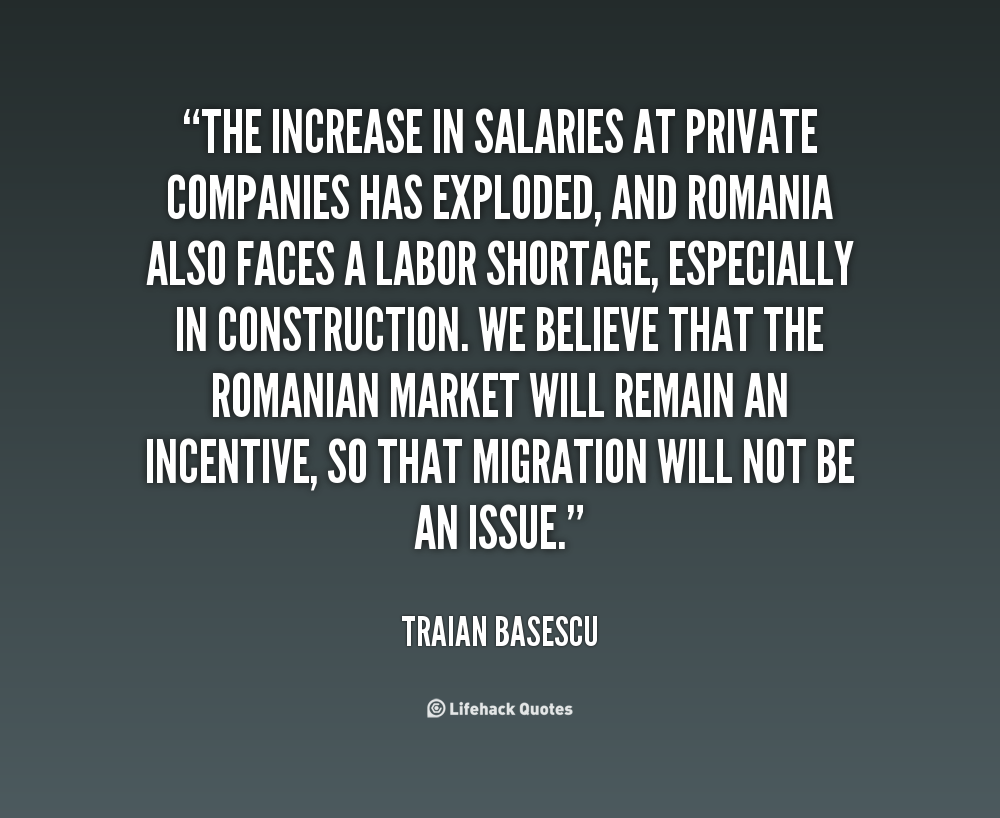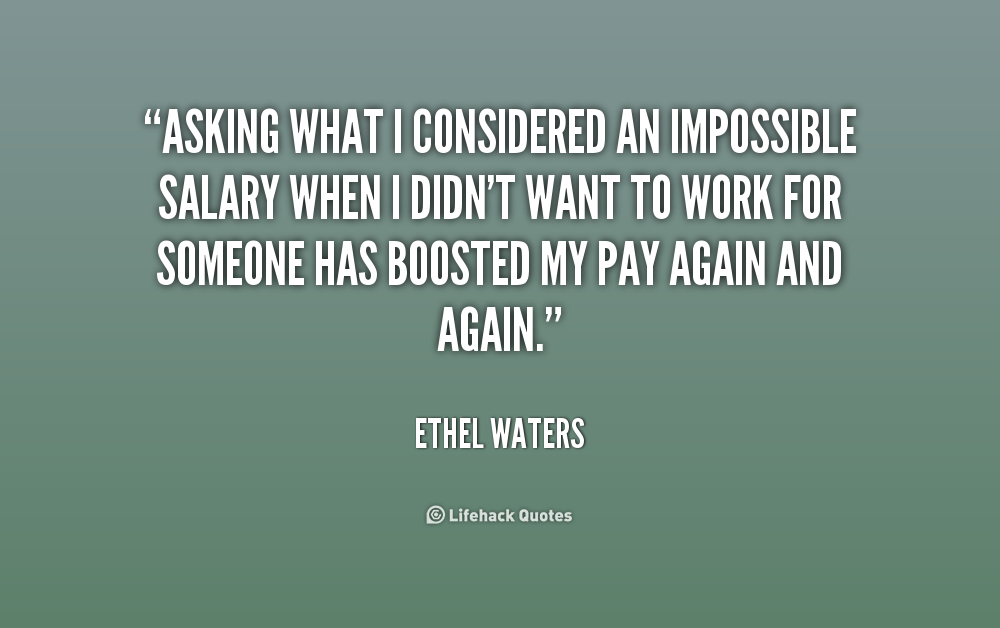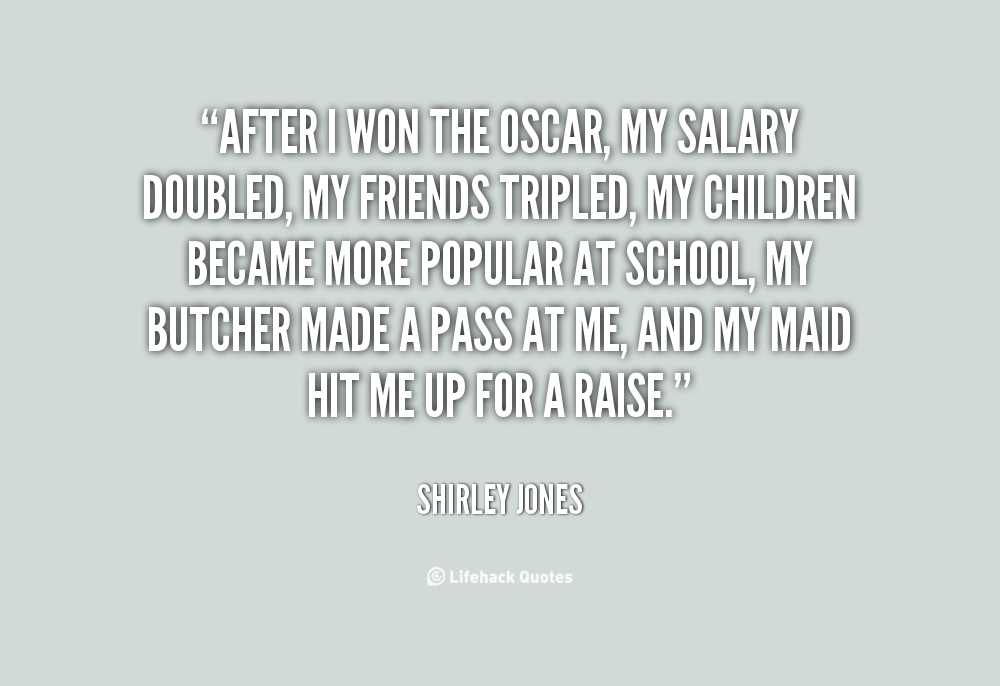Quotes have long been cherished as a way to inspire, motivate, and convey wisdom. However, when it comes to quotes salary, the concept takes on a different dimension. In today's world, where intellectual property and creativity are highly valued, compensating individuals for their words has become an important topic of discussion. Whether you're an author, poet, or content creator, understanding the financial value of quotes is essential for your professional growth.
Quotes salary refers to the compensation that individuals receive for creating, using, or licensing memorable phrases, sayings, or written works. While some may perceive quotes as mere expressions, they carry immense value in marketing, literature, and entertainment industries. This article will delve into the intricacies of quotes salary, exploring its significance, factors influencing it, and how creators can monetize their work effectively.
As we navigate through this comprehensive guide, we will explore the various aspects of quotes salary, including the importance of intellectual property rights, the role of contracts, and strategies to maximize earnings. By the end of this article, you'll have a clear understanding of how to protect and monetize your creative work in the ever-evolving digital landscape.
Read also:Silverado Resort And Spa Napa Valley California
Table of Contents
- What is Quotes Salary?
- The Importance of Quotes in Modern Society
- Factors Affecting Quotes Salary
- Understanding Intellectual Property Rights
- Licensing Agreements and Contracts
- Monetization Strategies for Quotes
- Famous Quotes and Their Salaries
- Legal Considerations for Quote Creators
- Current Trends in Quotes Salary
- The Future of Quotes Salary
What is Quotes Salary?
Quotes salary refers to the financial compensation provided to individuals who create or own the rights to memorable phrases, sayings, or written works. These quotes can be used in various contexts, such as advertisements, books, films, and social media platforms. The value of a quote depends on several factors, including its popularity, uniqueness, and the medium in which it is used.
In recent years, the demand for high-quality content has surged, leading to increased opportunities for creators to earn from their quotes. Whether you're a freelance writer, poet, or motivational speaker, understanding how quotes salary works can help you negotiate better deals and protect your intellectual property.
How Quotes Salary Works
Quotes salary operates on the principles of intellectual property rights and licensing agreements. Creators can either sell their quotes outright or license them for specific uses. The compensation varies depending on the scope of the agreement, the duration of use, and the platform where the quote will appear.
The Importance of Quotes in Modern Society
Quotes play a vital role in shaping culture, influencing opinions, and inspiring action. In today's fast-paced world, people often turn to quotes for guidance, motivation, and entertainment. Whether it's a famous saying from a historical figure or a witty phrase from a contemporary writer, quotes have the power to resonate with audiences across generations.
Why Quotes Matter
- Quotes provide a concise way to convey complex ideas.
- They can evoke emotions and create a lasting impression.
- Quotes are often used in marketing campaigns to connect with consumers.
- They serve as a source of inspiration for individuals and organizations alike.
Factors Affecting Quotes Salary
The salary for quotes can vary significantly based on several factors. Understanding these factors can help creators set realistic expectations and negotiate fair compensation for their work.
Key Factors Influencing Quotes Salary
- Popularity: Quotes from well-known figures or those that have gone viral tend to command higher salaries.
- Uniqueness: Original and distinctive quotes often fetch better compensation compared to generic ones.
- Usage Rights: The scope of usage, such as exclusive rights versus non-exclusive rights, affects the salary.
- Platform: Quotes used in high-profile mediums like movies or advertisements typically come with higher compensation.
Understanding Intellectual Property Rights
Intellectual property rights play a crucial role in protecting creators' works, including quotes. These rights ensure that individuals are compensated fairly for their creative contributions and prevent unauthorized use of their work.
Read also:Old Chicago Restaurant Gluten Free Menu
Types of Intellectual Property Rights
- Copyright: Protects original literary, musical, and artistic works, including quotes.
- Trademarks: Used to protect brand names, logos, and slogans that distinguish products or services.
- Patents: While not directly applicable to quotes, patents protect inventions and innovations.
Licensing Agreements and Contracts
Licensing agreements are legal contracts that outline the terms and conditions for using a creator's work. These agreements specify the duration, scope, and compensation for using quotes in various contexts.
Key Elements of Licensing Agreements
- Scope of Use: Defines where and how the quote can be used.
- Duration: Specifies the time frame for which the quote can be used.
- Compensation: Details the financial arrangement between the creator and the user.
Monetization Strategies for Quotes
Creators can employ various strategies to monetize their quotes effectively. By leveraging digital platforms and understanding market demands, individuals can maximize their earnings while protecting their intellectual property.
Effective Monetization Techniques
- Sell Quotes Online: Use platforms like Etsy or Gumroad to sell your quotes as digital products.
- Licensing Partnerships: Collaborate with brands and businesses to license your quotes for marketing campaigns.
- Create Merchandise: Turn your quotes into products like t-shirts, mugs, or posters.
Famous Quotes and Their Salaries
Many famous quotes have generated substantial revenue for their creators. From motivational sayings to philosophical insights, these quotes have become cultural icons and sources of inspiration for millions.
Examples of High-Earning Quotes
- "Just Do It": Nike's iconic slogan has generated billions in revenue over the years.
- "Elementary, My Dear Watson": This famous phrase from Sherlock Holmes has been licensed for numerous adaptations.
- "I Have a Dream": Martin Luther King Jr.'s historic speech continues to inspire and generate royalties.
Legal Considerations for Quote Creators
Creators must be aware of legal considerations to protect their quotes and ensure fair compensation. Understanding copyright laws and licensing agreements is essential for safeguarding intellectual property rights.
Protecting Your Quotes
- Register Your Work: File for copyright protection to secure legal rights over your quotes.
- Consult Legal Experts: Seek advice from intellectual property lawyers to navigate complex legal issues.
- Monitor Usage: Keep track of how and where your quotes are being used to prevent unauthorized use.
Current Trends in Quotes Salary
The quotes salary landscape is constantly evolving, influenced by technological advancements and changing consumer preferences. Staying updated on the latest trends can help creators adapt and thrive in this dynamic environment.
Emerging Trends in Quotes Salary
- AI-Generated Content: The rise of AI tools has sparked debates about the value of human-generated quotes.
- Social Media Influence: Platforms like Instagram and Twitter have become powerful channels for quote distribution and monetization.
- Globalization: Quotes are increasingly being translated and used across different cultures, expanding their reach and earning potential.
The Future of Quotes Salary
As technology continues to advance, the future of quotes salary looks promising. New opportunities for creators to monetize their work will emerge, driven by innovations in digital platforms and global connectivity.
However, challenges such as copyright infringement and AI-generated content will need to be addressed to ensure fair compensation for creators. By staying informed and proactive, individuals can navigate these changes successfully and continue to thrive in the quotes industry.
Conclusion
In conclusion, quotes salary represents a valuable opportunity for creators to monetize their intellectual property and achieve financial success. By understanding the factors influencing quotes salary, protecting intellectual property rights, and adopting effective monetization strategies, individuals can maximize their earnings while contributing to the rich tapestry of human expression.
We invite you to share your thoughts and experiences in the comments section below. Have you ever monetized your quotes? What challenges have you faced in protecting your intellectual property? Your feedback is valuable in helping others navigate this exciting field. Don't forget to explore our other articles for more insights into the world of quotes and creativity.


